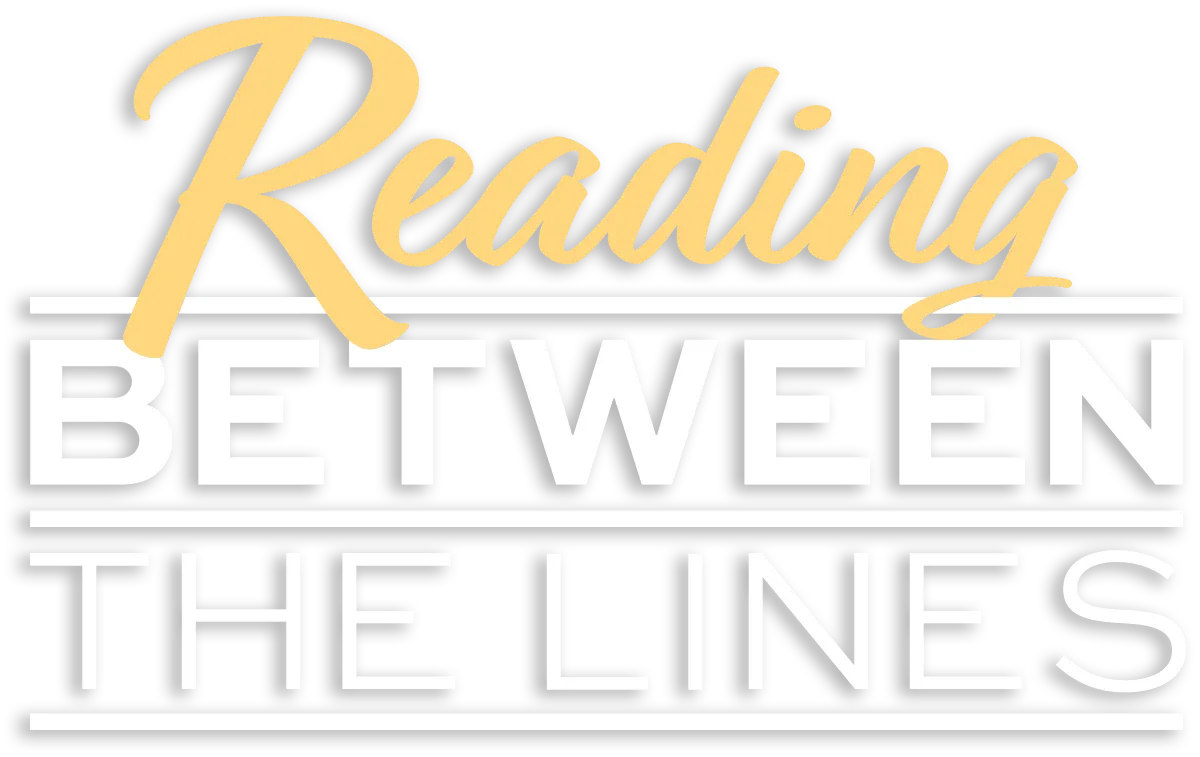Reading Between the Lines

was the little fourth grader who set her alarm clock for 5:30 a.m. every morning so I could read “Nancy Drew” before getting ready for school. In fifth grade, I set the school record for the most Accelerated Reader points at my elementary school. So really, it came as no surprise to anyone that I came into Auburn as an English-Literature major and a history minor with the career of publishing in mind. I’d found that words have power and stories change the world, and I wanted to be in on the action.
In college, I often joked that my education taught me a lot of facts I probably couldn’t even use to win trivia. In actuality, as I enrolled in classes like “Medieval England” and “The History of the English Language,” I gained perspective on how important and influential words, poems and narratives have been throughout time. Yet I also discovered something surprising and exciting in my English classes: community. I had English professors who truly cared about me as a person as well as my academic success and classmates that I enjoyed spending time with inside and outside of class. I even met a “forever friend” in a Zoom English class in the aftermath of COVID-19. In the blink of an eye, though, my undergraduate degree drew to a close and I found myself not wanting to surrender my learning experiences in the classroom or my time at Auburn. Fortunately for me, Auburn’s English department had a fantastic master’s program, for which I readily applied and was accepted.
Little did I know how transformative my graduate experience would be in preparing me for my future in publishing. While my degree’s focus was literature, I was also able to earn a Technical Communication certificate that equipped me with the technological and editorial skills needed for the publishing realm. Alongside juggling my responsibilities as a graduate student and graduate teaching assistant (GTA), I also freelanced for Harvey Books, a subcontractor of HarperCollins Christian Publishing. I had begun freelancing during my sophomore year of undergrad after interviewing an acquisitions editor to learn more about how to prepare to enter the publishing realm. He connected me with both a self-publisher and freelancer, with whom I began working for as an editor and proofreader. Over the past four years since that informational interview, I have worked on 30 editing projects.
My master’s program complemented my side-hustle perfectly, my course load always challenging me and pushing me to be better. Sometimes I tease that my master’s degree was like the English “playground” for me, a place that allowed me to explore areas I’d never traversed and have fun trying new things. I still remember sitting in my Technical & Professional Editing class on the first day with my jaw practically on the floor, flabbergasted that my professor was going to teach me the Chicago Manual of Style. “I had to teach myself when I began freelancing,” I told her. Even my literature classes proved beneficial to my future career ambitions: one professor structured her entire class around finding an academic journal to submit your final paper for publication and working “backwards” to make sure your seminar paper matched the journal’s criteria. The byproduct was a much clearer understanding of authors’ perspectives as they seek publication, as well as a grasp on the importance of revision and clear, constructive feedback.
My GTA position gave me the opportunity to teach incoming freshmen English Composition I & II. It became my platform to train and equip the next generation with the skills necessary to communicate effectively in their respective future careers, whether through my feedback on their projects or creative, interactive activities I incorporated into our class time. Auburn is family, and I have found that to be true a million times over. Thus, it was an honor and privilege to not only create a safe space for the articulation of thoughts and ideas to grow and flourish, but also for friendships to develop.